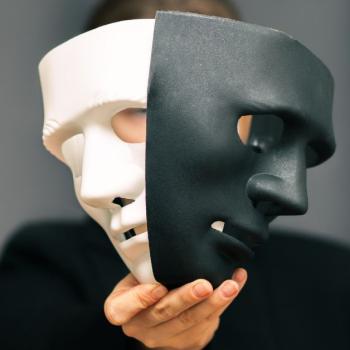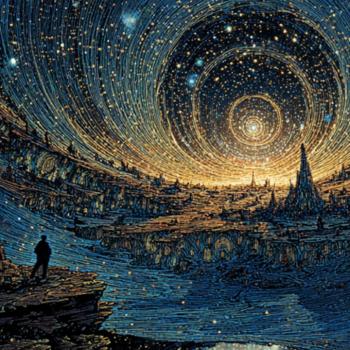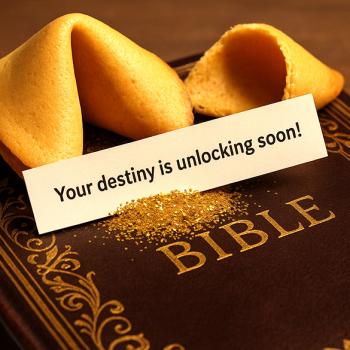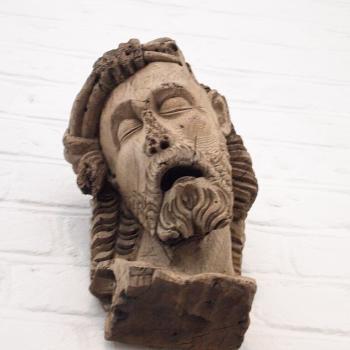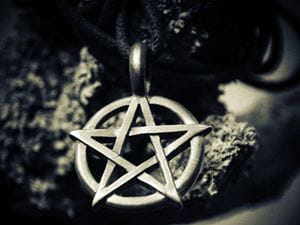
Witchcraft is a part of spirituality for many Pagans. As such, most Pagans who practice witchcraft prefer to be called “witches,” regardless of their gender identity. While witches and witchcraft are usually associated with the Wiccan religious movement, not all witches are Wiccan.
In 1974, several prominent witches organized the American Council of Witches, an institution designed to define and promote witchcraft. Even at that date, the Council was clear that membership had nothing to do with race, gender, or sexuality. Though the Council was short-lived and was disbanded after a year, it has since been revived as the U.S. American Council of Witches.
In Paganism, witchcraft is the practice of “white magic,” which involves spells and incantations that are meant to heal or benefit the self or others. Pagan witches reject any practice of magic that may inflict curses or harm on another person—practices that are sometimes known as “black magic.” “White magic” rituals engage a variety of implements from nature or the occult—crystals, candles, herbs, incense, and tarot cards. Wiccans, in particular, are known in part for their moral code, referred to by many as the Wiccan Rede. It is summarized as “If it harms none, do what you will.” This ethic allows for maximum individuality and freedom, and yet warns followers that malice and rituals that seek to manipulate others or inflict harm will redound on the practitioner.
The term “warlock,” which some may associate with male witches, is considered by many Pagans to be an offensive and misleading term. Some believe that calling someone a “warlock” indicates satanic or dark activities, whereas witches, of any gender, practice what they call white, or light, magic. (Some Pagans add a ‘k’ to the word: magick.)
Other appellations include wizard and sorcerer. These, too, are not normally gender-specific terms. They usually denote a degree of training, expertise, or extraordinary ability. Wizards may have trained under other wizards in particular practices or may have attended a school of wizardry that instructs students in different forms of magic. Sorcerers are often considered to be those with inborn abilities which, combined with training, result in even more powerful magic. Magic (or magick) for all of these classifications may include casting spells, reading tarot cards, communicating with unseen spirits, telekinesis, channeling energy, mind reading, and more.
None of these categories is relevant to most pop cultural expressions of witchcraft or wizardry today. J.K. Rowling has been clear that her Harry Potter series is a different world of magic than anything Pagan today. Television shows that feature witches or witchcraft—like WandaVision, A Discovery of Witches, Bewitched, or The Charmed Ones—have very little to do with the real practice of witchcraft or those who pursue this form of spirituality.
Read more about the Pagan world—its beliefs, rituals, ceremonies, history, and ethics—here.
3/6/2023 10:07:36 PM




